SA Supreme Court tours key locations in second day of Dieter Pfennig’s trial for the 1983 murder of Louise Bell
IT takes seven minutes to walk from Meadow Way, across Hackham West, to Holly Rise — and the Supreme Court must decide if that was the path of Louise Bell’s killer.
IT takes seven minutes to walk from Meadow Way, across Hackham West, to Holly Rise — and the Supreme Court must decide if that was the path of Louise Bell’s killer.
On Tuesday, Acting Justice Michael David toured six southern suburbs locations that, prosecutors allege, help prove Dieter Pfennig responsible for the 1983 crime.
His Honour’s progress through Hackham West and Old Noarlunga was closely followed by both a media contingent and Louise’s relative, Joel.
Joel, who did not want his surname published, said he had followed The Advertiser’s live coverage of the case, and stressed he was not acting for nor speaking on behalf of the Bell family.
He said he had wanted to attend the court view “as a show of support” for the long-missing girl’s parents and sister.
“I’m hoping for a sense of closure for them, because this has absolutely affected them the most,” he said.
“Louise doesn’t deserve to be wherever she is, she deserves to come home ... it would be nice for the family to be able to have a proper funeral for her after all this time.”
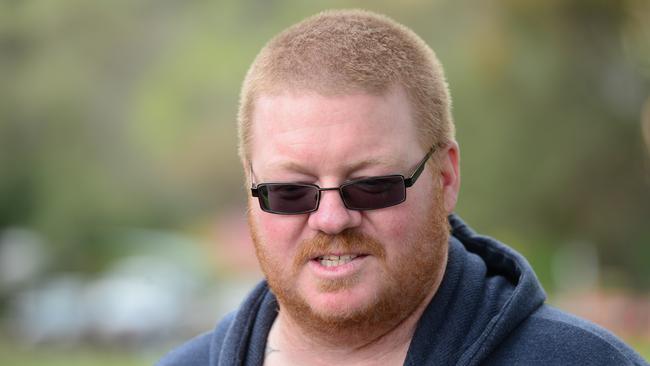
Pfennig, 67, who has pleaded not guilty to having murdered Louise, 10, between January 4 and March 1, 1983, did not attend Tuesday’s view.
Prosecutors have alleged he abducted Louise from her home and evaded arrest for decades until a “one in one billion” DNA match linked him to her torn pyjama top.
Tuesday’s view began at the corner of Beach and South Rds, Morphett Vale, where prosecutor Sandi McDonald, SC, said Louise’s earrings were found 13 days after she disappeared.
She has previously alleged one of the Bell family’s neighbours was alerted to the earrings — hidden under a broken brick — by a phone call from a man with a slight European accent.
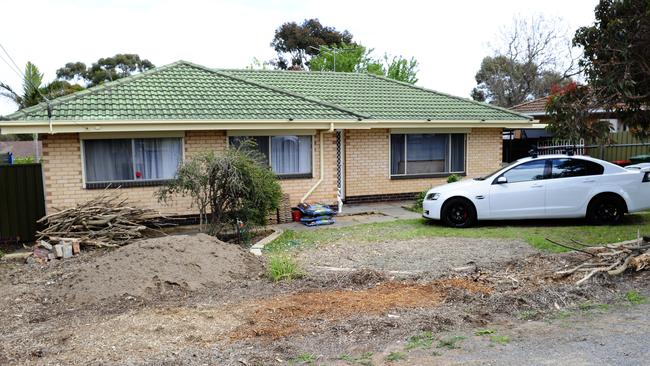
The court then travelled to 5 Meadow Way, Hackham West, where the Bell family lived in 1983.
In his evidence, Louise’s father Colin Bell recalled his panic upon discovering his daughter was not in her bed on that January morning.
“I noticed that the arrangement with the curtain, and the window, was further open than it was when I had left her the night before,” he said.
“I felt very uneasy ... I noticed that the flyscreen was flapping in the light breeze that was there that morning.”
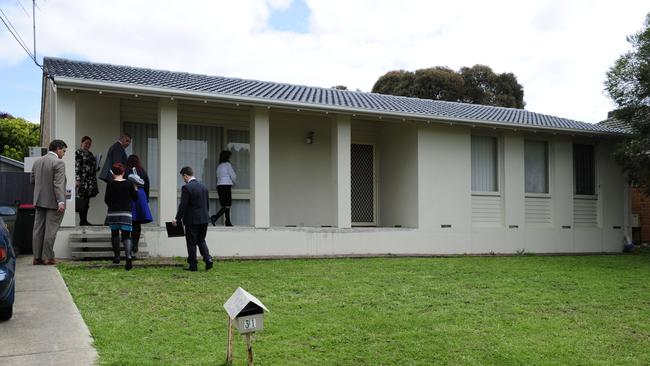
The court’s third stop was 31 Holly Rise, Hackham West, where Pfennig and his family had lived in 1983.
To get there, the court walked along several streets and through three pedestrian walkways set between houses.
The journey took approximately seven minutes — Ms McDonald told the court that, in 1983, there were several other pathways between the locations.
She said the others had since been built over or closed off.
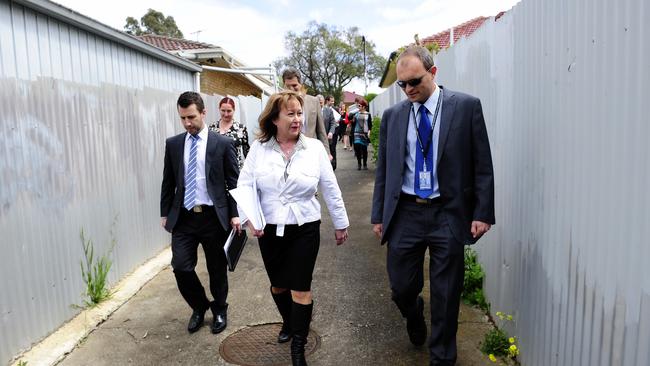
In his evidence, former Holly Rise resident Robert Troveridge said he saw Pfennig “walking the streets” at 11pm “half a dozen times” prior to the disappearance.
“I couldn’t see what he was doing apart from just walking up and down the streets,” he said.
“When I saw him outside our window, I would watch him to see what he was up to ... he would eventually go away.”
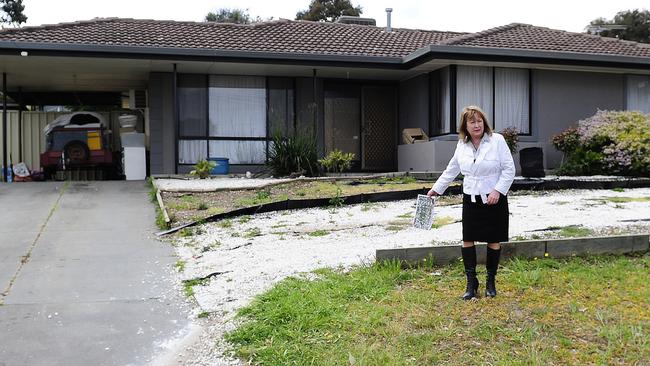
The court next visited a house on Underlink Grove, Hackham West, where Louise’s pyjama top was found on February 28, 1983.
Ms McDonald stood by a wooden sleeper to indicate where the top — neatly folded, but ripped and sodden from being immersed in water — had been placed.
Previously, the court has heard the same neighbour who located the ear rings found the pyjama top.
Prisoners who served time with Pfennig have alleged he told them he left the top there because he “felt guilty” about having murdered Louise.

The final two locations viewed by the court were in Old Noarlunga, along the banks of the Onkaparinga River.
Ms McDonald said Pfennig kept his canoe at Market Square, and that trace evidence on Louise’s pyjama top matched seaweed and other materials from the river nearby.
The trial continues.
After the view, Joel said Louise’s disappearance had “stolen the innocence” of an entire generation of South Australians.
“I was six when it happened and I grew up in the shadow of it ... I’m overprotective with my children, I’ve always had roller shutters, I’ve always owned a dog,” he said.
“You always just thought ‘how could someone do this, how could someone get away with murder?’ and you’d wonder if someone would come to take you as well.”


